Swiss Chard Facts:
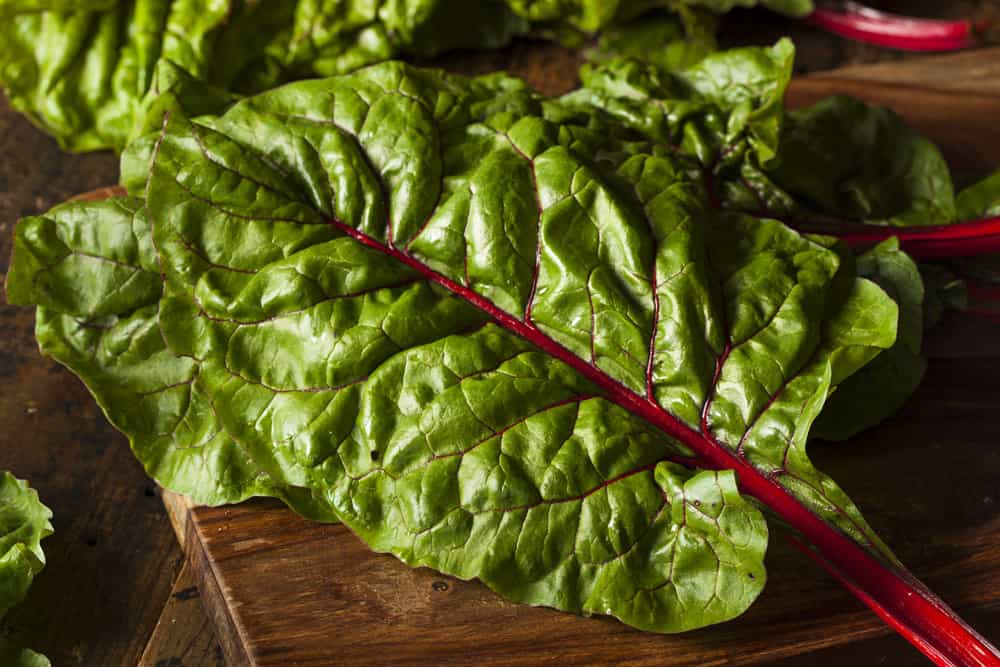
Nutrition Facts
Serving Size 1 Cup
Servings Per Container 1
Amount Per Serving
Calories 7
Calories from Fat 0
% Daily Value*
Total Fat 0g
0%
Saturated Fat 0g
0%
Trans Fat 0g
Cholesterol 0mg
0%
Sodium 77mg
3%
Total Carbohydrate 1g
0%
Dietary Fiber 1g
4%
Sugars 0g
Protein 1g
Vitamin A
44%
Vitamin C
18%
Calcium
2%
Iron
4%
Vitamin E
3%
Vitamin K
374%
Thiamin
1%
Riboflavin
2%
Niacin
1%
Vitamin B6
2%
Folate
1%
Pantothenic Acid
1%
Magnesium
7%
Phosphorus
2%
Potassium
4%
Zinc
1%
Copper
3%
Manganese
7%
*Percent Daily Values are based on a 2,000 calorie diet. Your daily values may be higher or lower depending on your calorie needs.
PQ (Protein Quality) x PDCAAS (Protein Digestibility Corrected Amino Acid Score) - 29
Additional Contents
- lutein
- flavonols
- betalains
- quercetin
- flavonoids
- zeaxanthin
- kaempferol
- carotenoids
- betacyanins
- syringic acid
- beta-carotene
- alpha-carotene
- epoxyxanthophyll carotenoids
Potential Health Benefits
- anti-inflammatory properties
- powerful antioxidant
- blood sugar balancing
- skeletal system health boost
- increased Alzheimer's disease protection
- energy boost
Potential Athletic Benefits
- Delayed release of glucose into the blood stream for increased longevity of workouts.
- Improve oxygenation in muscles; especially beneficial for endurance athletes.
- High vitamin K content for bone and joint strengthening.
- Detoxify body from harmful heavy metals that rob performance and can cause mental decline.
- Powerful antioxidants to help protect against oxidative stress from high volume exercise schedules.
Glycemic Index Rank
<10 out of 100
| Rank | Value |
|---|---|
| Low Glycemic | less than 55 |
Food Sensitivity Rank
0.1 to 1 ratio
| Rank | Value |
|---|---|
| Low for Fructose Sensitivity | less than 1 (fructose to glucose ratio) |
Swiss chard could stand alone for its unique properties of blood glucose management, cancer fighting phytochemical content, anti-inflammation, and disease protection (especially Alzheimer's). In addition, its high water content makes it a great hydration alternative.
- Osteoporosis and Lifestyle
- Kaempferol and Inflammation: From Chemistry to Medicine
- Vitamin K and Musculoskeletal Health in Postmenopausal Women
- Prospective Study of Fruit and Vegetable Intake and Risk of Prostate Cancer
- Associations of Vegetable and Fruit Consumption with Age-Related Cognitive Change
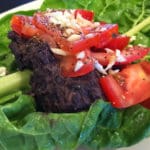
378kcal/serving

kaempferol
is one of thousands of flavonoids which are powerful organic antioxidant compounds abundant in many fruits and vegetables. Kaempferol in particular has been shown in numerous studies to help decrease the risk of cancer and is being considered as a possible treatment.
Sources include: USDA
***All-Body Fitness takes no responsibility for the accuracy of the information provided above. Please contact a medical doctor or a registered dietitian for nutrition advice.

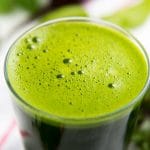
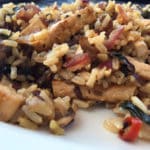
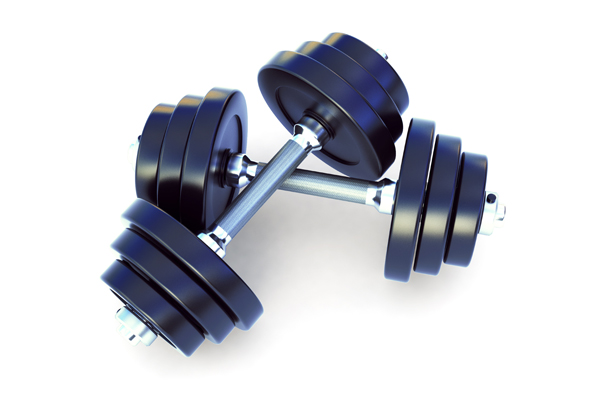 Fitness
Fitness Nutrition
Nutrition